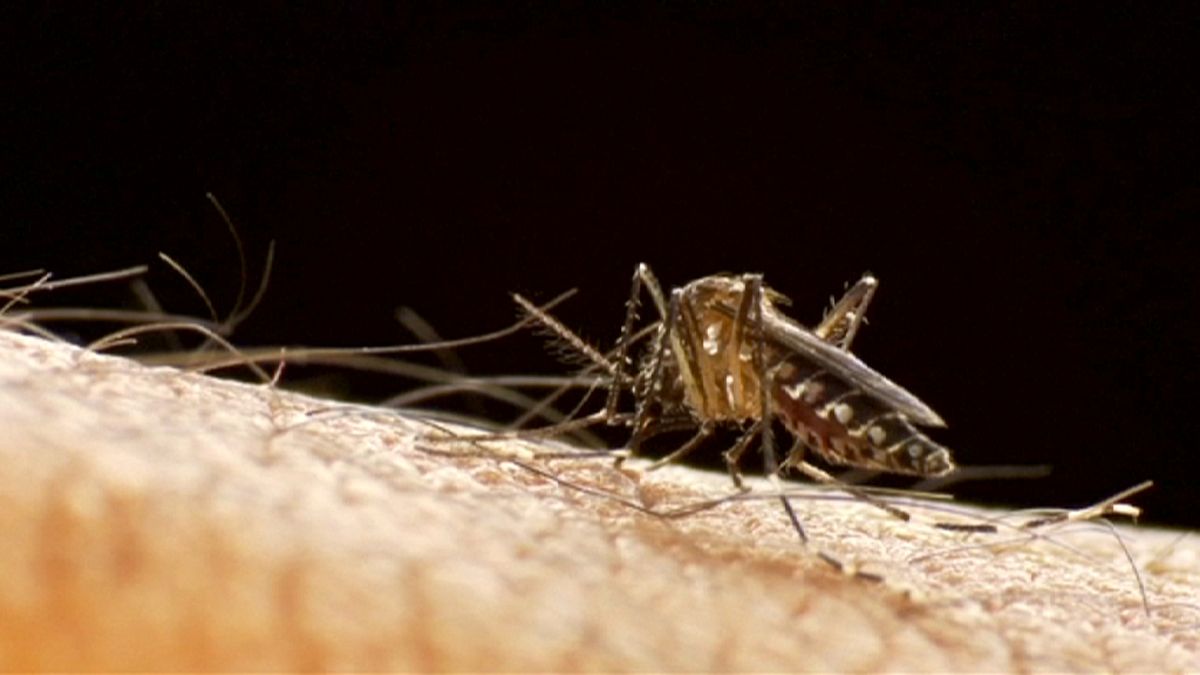As Australian health officials confirm two cases of the Zika virus in New South Wales, the World Health Organization has expressed fear it could
As Australian health officials confirm two cases of the Zika virus in New South Wales, the World Health Organization has expressed fear it could spread even further.
Those affected in NSW had recently travelled to the Caribbean. Local authorities say there is no serious threat to Australia. However, other nations may not be able to escape infection, according to WHO expert, Anthony Costello.
“This is not spread person-to-person, this is spread from mosquitoes to persons. And particular sorts of mosquitoes. So, we’re talking about women living in southern America, in Africa, in Asia potentially being at risk if the virus moves from South America back into Africa and Asia, and even southern Europe and southern United States,” he said.
The facts so far behind the #ZikaVirus
Read more: https://t.co/QWChCBY1qShttps://t.co/265RkrMlNY
— euronews (@euronews) February 2, 2016
Experts are working on preventative measures, but they may be years away from realisation, a WHO doctor told journalists.
French pharmaceutical company Sanofi has launched a project to develop a vaccine, using its expertise in diseases such as Dengue Fever, which is also mosquito-borne.
On Monday, February 1, the WHO declared an international public health emergency over a condition which has been linked to Zika.
Public Health Emergency of Intl Concern: the cluster of #microcephaly cases & its possible association w/ #ZikaVirushttps://t.co/jgnorT0Ia1
— WHO (@WHO) February 1, 2016
Although not proven, researchers are studying a potential link between this surge in #microcephaly cases & #ZikaVirus infection
— WHO (@WHO) February 1, 2016
There are many potential causes of #microcephaly, but often the cause remains unknown pic.twitter.com/OwVioPmASc
— WHO (@WHO) February 2, 2016
